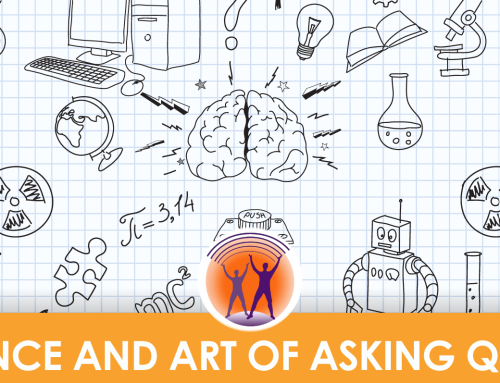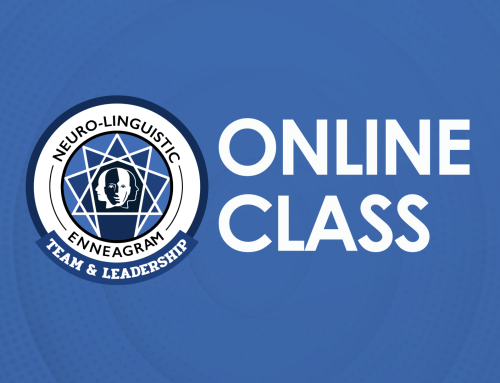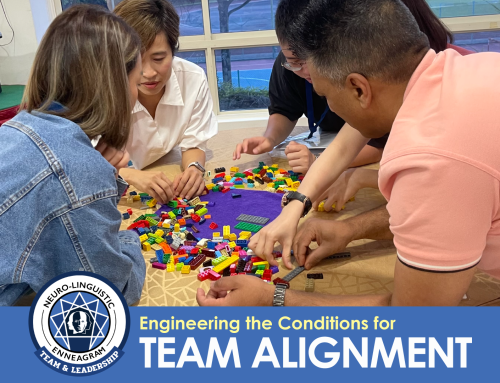With the rise of social media connectivity, people have more channels to become a publisher, creator or influencer. It would mean 2 things:
As audiences are getting sharper and well-exposed these days, the above first point usually takes precedence over the second one. Audiences can question, raise doubt or even challenge a well-branded and packaged profile or professional image.
Type of power that high-performance coaches, influential managers and leaders possess
In 1959, psychologists John R. P. French and Bertram Raven have identified five types of power in leadership roles, which eventually increases to eight types.
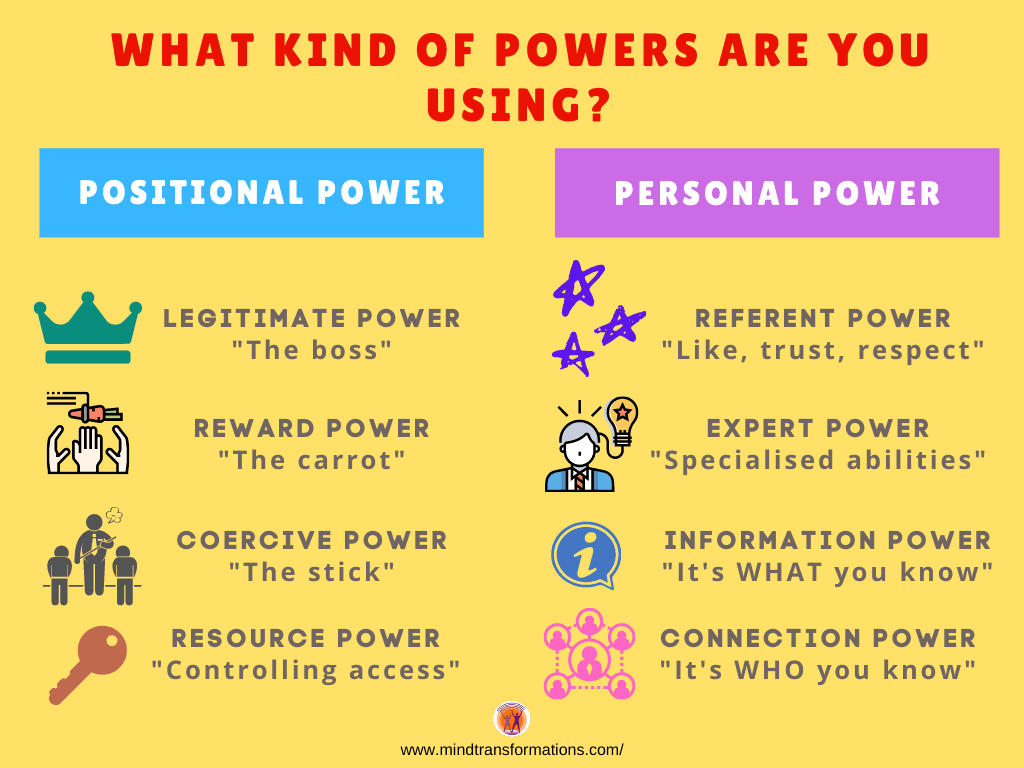
With what has emerged from the above phenomenon, among the leadership powers, the one that is most associated with successful leadership & influence is referent power.
Referent power is defined as someone having “natural influence over others, gained from being well-liked or respected by them.”

Today, many people expect leaders and managers to show real capabilities and their capacity to rise above challenges and to coach others effectively to express their full potential in this emergent, uncertain and complex world.
It isn’t enough any longer for leaders to be well-qualified in terms of their credentials, track records and even results, but also the way they go about achieving them and how it affects others.
It is about their level of maturity in their adult development that matters most - their attitude, their emotional intelligence, resilience, ability to coach people, habits, way of being as a person and character to lead people and collaborate well with others. These are scrutinized and made more transparent to the public in this digital age.
Most importantly, referent power shapes the way you create an extraordinary experience and conditions for your audience and people to thrive, especially in complex situations and tough times. It speaks greater volume than what you project yourself on social media or the track records you regurgitate.
Hence, social proof becomes one of the most important assets you can have to prove yourself and position your credibility, whether as a leader, a manager or a professional coach.
Developing your referent power helps you gain a whole new level of influence when you are in front of your team, clients, friends and loved ones that can't be achieved with conventional communication and persuasion techniques and tactics.

Your brand is what people say about you when you’re not in the room
Jeff Bezos, CEO of Amazon
3 qualities that define a high-performance coach, a well-respected manager and an influential leader
Before you jump into asking people to give you testimonials as a form of social proof, there are some key attributes that define a coach, manager or leader whom people respect and trust.
The bigger question that underpins referent power or leadership is: What makes you well-respected by others that appeals to people to work with you?
Developing referent power isn't a straightforward journey. It often requires us to do the things we don't like or others don't like yet are essential for real results and progress. It also involves overcoming resistance in people aka going beyond our comfort zones. It also involves going beyond our self-interest. Those who continue to develop themselves and show up consistently through their self-mastery will succeed in this new world order we are now in.
Having worked with diverse personalities, managers, leaders and coaches over 20 years in several organisations, below are 3 core qualities we have uncovered about them that make a difference and will continue to be in this VUCA world. There are some key Multi-Intelligence Neuro-Linguistic Programming (MI - NLP) practices to them.
Generate multiple perspectives and capacity to embrace different worldviews
The NLP presupposition that supports this practice is “the map is not the territory.”
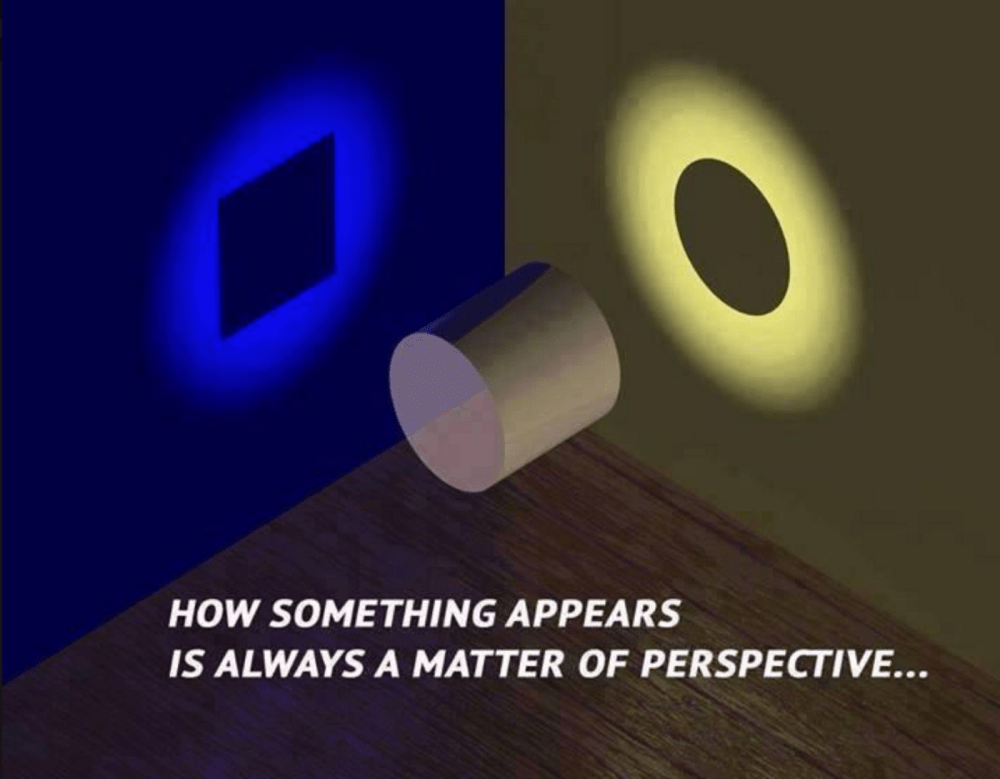
Given the volatile, uncertain, complex and ambiguous nature of our world today, having a limited perspective can be unproductive and detrimental to the success in any profession.
In managing people, before one can derive a well-formed solution, one needs to generate multiple options and choices. And that can only come from having a flexible mindset and a wide range of unique perspectives to the context and circumstances.
Today, we are dealing with much greater diversity than ever in the workplace - comprising people of various races, experiences, cultures and worldviews. When a leader advocates their perspective according to their own preferences, it creates bias and hence tension among team members. As a result, people feel unsafe or confused.
A way to go about increasing referent power in this domain is to demonstrate your deep understanding of people before proposing your opinions, advice or solutions. To truly understand people, it goes beyond what people say and even do (more in the next point). It includes observing and calibrating people on several levels, such as their non-verbal communication - tonality, gestures, postures, emotional states, attitude, personality and identity of self, values and beliefs.
When people feel you have acknowledged them, not based on what you think you already know, they feel connected and belonged because finally, someone truly understands them.
To raise your capacity for embracing multiple perspectives, the next two qualities are essential.
Bring clarity and wisdom to people’s intentions behind their behaviours
One of the workplace conflicts that happens often is jumping to conclusions or making premature assumptions about others by what we see from their behaviours and actions.
For example, when we witness someone is rude and even abusive in their interaction with others, it can mean several things.
While it is crucial to manage and perhaps stop their behaviour from hurting someone else and themselves further on the spot, how we are going to treat these people afterwards is equally important.

It reminds me of an incident many years ago when I was serving my National Service. During one of those duty nights, a personnel was making a scene in the duty room.
The officers and several people on duty tried to calm him down as he seemed agitated and about to get violent. Though I wasn’t sure how it started, we knew he had also consumed some alcoholic drinks. He had a track record of showing violent behaviours whenever he consumed alcoholic drinks and was classified as a one of the problematic personnels being detained several times.
Seeing the officers’ manner of ‘ordering’ him to settle down wasn’t working, I progressively stepped in to calm him. I reassured him I was with him. I offered an open, steady & relaxed posture with nothing to hide and no agenda to detain him. I even brought to his attention that I’m having a much smaller body frame than him so he could easily defeat me anytime, just to establish a non-threatening relationship with him. As he started to relax a bit, I came closer to him in a non-intrusive way, and we eventually sat down to talk.
Over the conversation, I realised what triggered him. He felt people around him were judging him as a “crazy person” because of his history. He just wanted to be accepted. That was his positive intent. As he settled down, I bring some insights to his behaviour and how it led people to misunderstand him and started judging him instead of accepting him.
My biggest takeaway from this incident that helped shape my development over the years is to master the deeper intentions of people to influence their behaviours.
It wasn’t about the titles, position or status as I was only a corporal then. I had no impressive training, awards or abilities to show.
If I label that guy as a problematic personnel, based on his past behaviours, my attitude, mannerism, behaviours would probably be no different from others who tried to talk sense to him.
Back to your professional growth, think of how working with people’s deeper intentions could help you grow your referent power and make you the go-to person.
There are several practices from MI NLP that enable you to develop referent power such as sensory awareness, pacing and leading people and conversational frames to demonstrate your understanding, especially on what matters to people
The number one communication element that creates an irresistible influence without authority
Access video resource
From a personality perspective, there are layers of subconscious patterns to people’s deeper intention driving their behaviours, decisions and actions.
As a leader, manager or coach, the more you can work with people’s underlying motivations, intentions and higher purpose, the more options, opportunities and choices you gain to problems and challenges in the workplace and business outcomes. Therefore, it makes you the most credible & capable person in the room that people respect.
Create accountability for people to achieve the desired results
Instead of needing to fix people or tell them what to do, this quality helps bring the source of ownership back to the person, rather than external reality, system or events.
It is based on this NLP principle and practice of “everyone has the inner resourcefulness needed to achieve their version of success.”
By raising your ability to bring out the best in people, which is on coaching people, there is less need to micromanage them. It reduces the risk of codependency as people are less reliant on others and are more self-empowered. Thus, people are much enabled to contribute, add value and be effective. There is also more room for people to develop a better & unique version of success for themselves.
Over the years, based on our interactions with industry leaders, class observations, coaching corporate & professional clients and reference to different prominent NLP and Coaching bodies, including Robert Dilts, ICI, ICF, we have identified seven critical soft skill sets.
Learn more about the 7 critical soft skills to future-fit yourself in a VUCA world.
In particular, the aspect of self-resourcing becomes a critical component - how can you organise yourself and for others to organise themselves for peak performance when responding to a situation?
When things aren’t working as planned, instead of blaming external circumstances and others, how can you as a leader take charge of yourself by generating multiple options and a different response (refer to the first quality)?
To work towards this direction of development, there are 6 areas to tap into on your personal mastery as a leader, a manager or a coach:
Referent power is earned through your own level of self-development, no matter what your professional status, position or expertise is. When you raise your referent power, it gives you more mileage and an unfair advantage in your professional growth, performance and results as our business landscape becomes more volatile, uncertain and dynamic.



